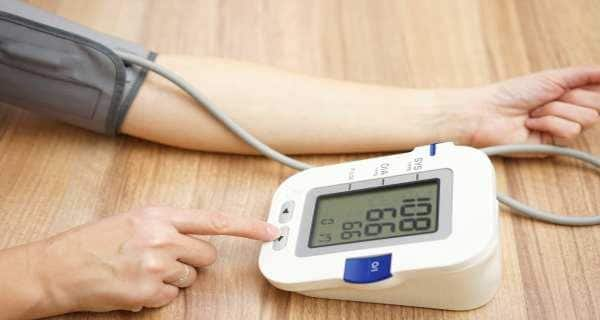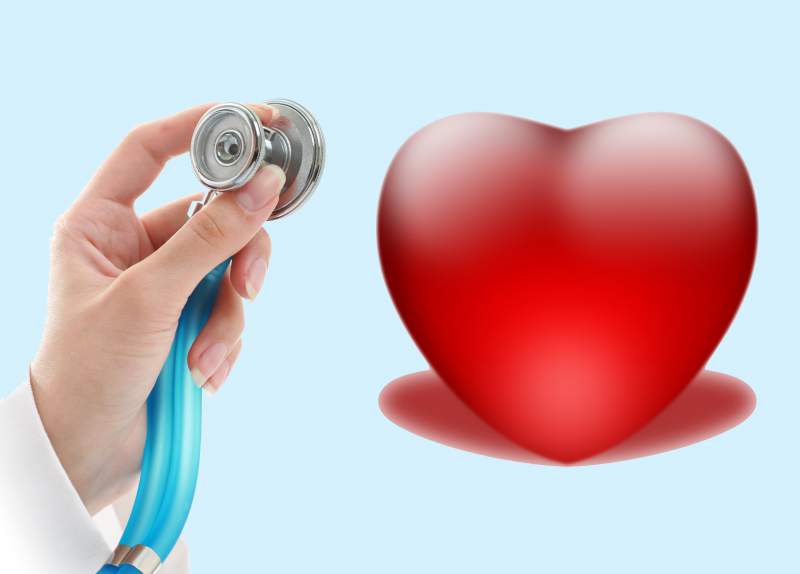
Most of us know that in general, the lower your blood pressure reading, the better. But under certain conditions, low blood pressure could be a cause for concern, especially in older patients.
Your blood pressure needs to be high enough to do its job of supplying blood and providing vital oxygen to your limbs, organs and more importantly the brain, says cardiologist Mouin Abdallah, MD.
Deciding whether your blood pressure readings are too low depends more on your current and past health history than the numbers on your blood pressure unit, he says.
“A young healthy patient may have a resting blood pressure of 90/60 mmHg and feel absolutely fine,” he says. “On the other hand, an older patient with heart problems, might feel weak and dizzy with a blood pressure of 115/70 mmHg.”

Your doctors are interested in your blood pressure because high blood pressure is a major risk factor for heart, brain, kidney and blood vessel disease.
Your blood pressure is a measurement of the force inside your arteries every time your heart beats. A normal blood pressure is 120 mmHg systolic and 80 mmHg diastolic. Systolic pressure, which is the first or top number, is the pressure in the arteries when the heart is beating and the arteries are filled with blood. Diastolic pressure, which is the bottom or second number, is the pressure in the arteries when the heart is resting between beats.

Blood pressure depends on three things:
Stroke volume, which is the amount of blood ejected from the heart per beat
Heart rate
Blood vessel tone, which is how clear and flexible your blood vessels are
“Disorders that affect any of these three things can result in low blood pressure,” he says.
For example, heart failure combined with low stroke volume can spell trouble if a person’s blood vessels are unable to respond properly to maintain adequate blood pressure. Excessively slow heart rate — called bradycardia — also can result in dangerously low blood pressure.

Some conditions can impair blood vessel health and result in low blood pressure. Examples include infections, paralysis — which can be injury or stroke-related— and certain endocrine disorders such as low cortisol levels.
Fluctuating blood pressure
Autonomic disorders cause the tone of the blood vessels and even the heart rate to rise and fall. As a result, blood pressure also can fluctuate widely with these types of disorders.
Medications are one of the most common reasons for too-low blood pressure, Dr. Abdallah says. They can sometimes cause blood pressure to go up and down, particularly shorter-acting blood pressure medications that act fast, but result in a rebound increase in blood pressure and heart rate when they wear off.

When to call the doctor
Consult your doctor if you experience symptoms such as light-headedness, fainting or feeling weak, as they might be related to too-low blood pressure.
If you have kidney or liver problems, or you have had a stroke or are at risk for stroke should have your blood pressure monitored carefully. Insufficient blood pressure could restrict critical blood supply to the organs and the brain.
For most people, however, a low blood pressure reading is a thing to celebrate.
“If you feel perfectly fine, then odds are your blood pressure, even if lower than average, is probably OK for you,” Dr. Abdallah says.